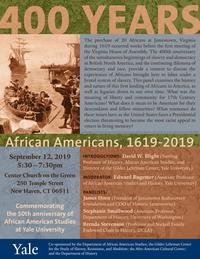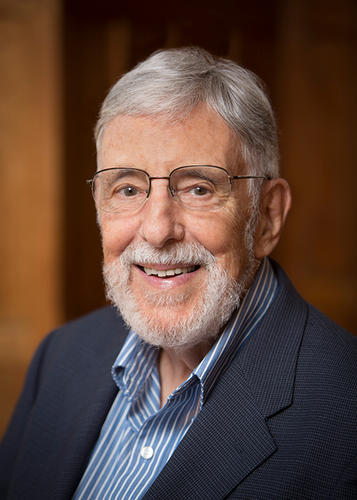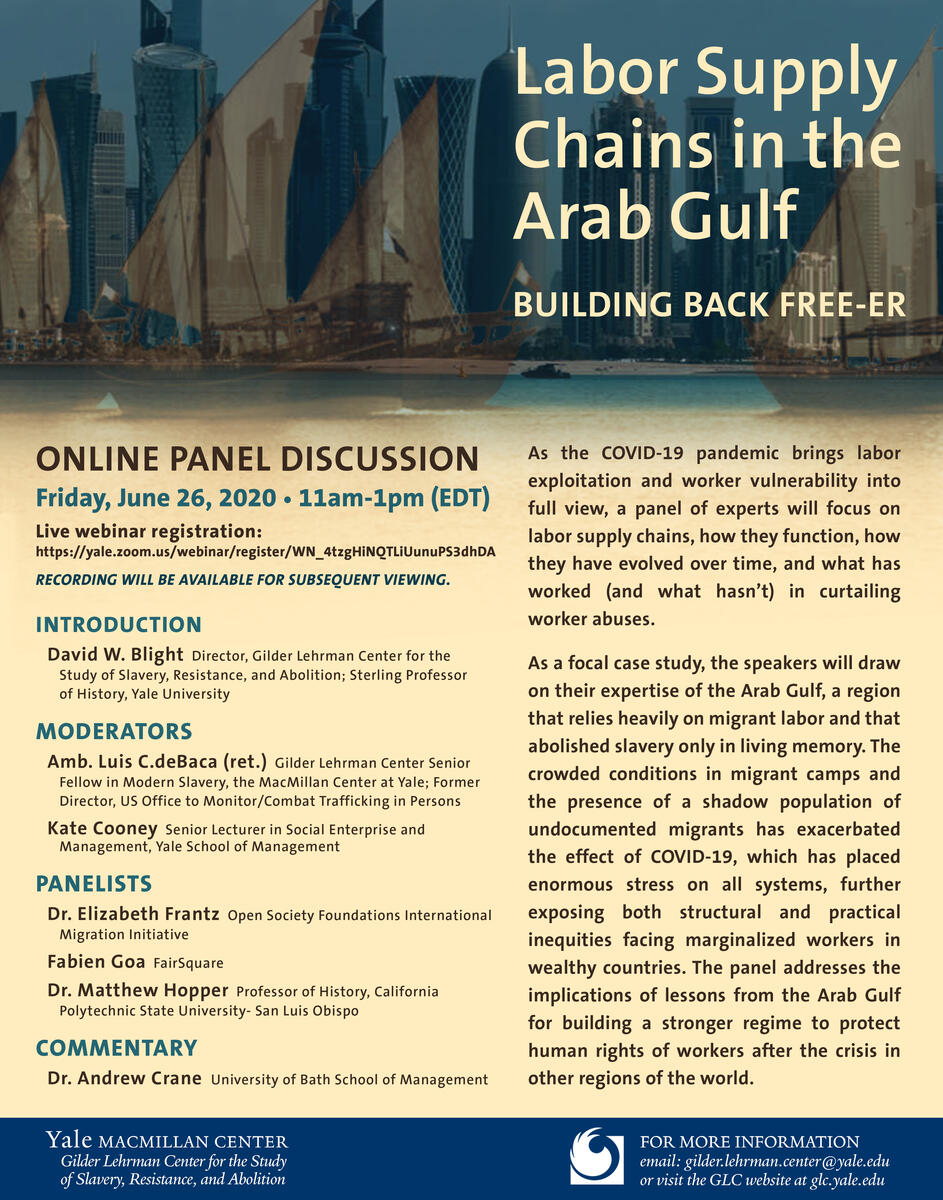2019/2020
Click on each event link to access the video recording and photos for that program.
 GLC Panel Discussion: “400 Years: African Americans, 1619-2019”
GLC Panel Discussion: “400 Years: African Americans, 1619-2019”
The purchase of 20 Africans at Jamestown, Virginia during 1619 occurred weeks before the first meeting of the Virginia House of Assembly. The 400th anniversary of the simultaneous beginnings of slavery and democracy in British North America, and the continuing dilemma of democracy and race, provide a context to discuss the experiences of Africans brought here to labor under a brutal system of slavery. This panel examines the history and nature of this first landing of Africans in America, as well as legacies down to our own time. What was the meaning of liberty and community for 17th Century Americans? What does it mean to be American for their descendants and fellow minorities? What resonance do these issues have as the United States faces a Presidential election threatening to become the most racist appeal to voters in living memory?
Location: Center Church on the Green, 250 Temple St, New Haven, CT 06511
Thursday, September 12, 2019 - 5:30pm to 7:30pm

Organized by the Gilder Lehrman Center for the Study of Slavery, Resistance, and Abolition and the Yale Center for British Art, this panel and workshop is geared toward K–12 educators, students, activists, and faculty, and focuses on accessing digital primary sources on fugitives from slavery.
Location: Sterling Memorial Library, 120 High Street New Haven, CT 06511
Saturday, October 26, 2019 - 10:00am to 2:00pm

Please join us for a memorial to celebrate the life and work of
David Brion Davis
(February 16, 1927—April 14, 2019)
Founding Director, Gilder Lehrman Center
for the Study of Slavery, Resistance, and Abolition
Sterling Professor of History, Yale University
Location: Dwight Hall Chapel, 67 High Street, Yale University
New Haven, Connecticut 06511
Saturday, December 7, 2019, 2:00—3:30pm
 GLC Panel Discussion: Legacies of Lynching
GLC Panel Discussion: Legacies of Lynching
This panel discussion uses John Wilson’s mural and the Yale University Art Gallery exhibition as a springboard for discussing representations of lynching and other racial violence, past and present. Lynching was and remains a public spectacle meant to challenge social and economic progress among black people and other people of color and reinforce white supremacist hierarchies. While many artists have opposed these grotesque acts of brutality using a variety of media, Wilson’s mural stands out for its size, the ephemerality of its form, and its representation of African American resistance and physical defense of their families. The panelists will discuss the role of the humanities and public art in grappling with this horrible aspect of U.S. history. Aesthetically, historically, and legally, how can we understand and confront legacies of racial terror in American life?
Co-sponsorship with the Yale University Art Gallery, in conjunction with “Reckoning with ‘The Incident’ ” exhibit
YUAG exhibit dates: January 17—May 10, 2020

GLC Webinar - Modern Anti-Slavery and Transparent Supply Chains: Building Back Free-er After Crises
As global enterprises grapple with the impacts of the current unprecedented pandemic, the most vulnerable workers and communities in their supply chains will bear the brunt of the immediate and long-term devastating effects of COVID-19. The pandemic offers opportunities to address market failures and position freedom and workers’ rights as central to a more sustainable and resilient economy. A panel of experts will explore how business leaders and consumers can ensure that corporations “build back” ethical supply chains. The speakers will draw on lessons from their work on the California Transparency in Supply Chains Act, the first of its kind in the country, to discuss practical strategies for rebuilding corporate supply chains rooted in transparency and accountability to ensure safe, fair, and dignified work for all in our interconnected world.
Friday, May 1, 2020 - 10:00am to 12:00pm
 GLC Webinar - Labor Supply Chains in the Arab Gulf: Building Back Free-er
GLC Webinar - Labor Supply Chains in the Arab Gulf: Building Back Free-er
As the COVID-19 pandemic brings labor exploitation and worker vulnerability into full view, a panel of experts will focus on labor supply chains, how they function, how they have evolved over time, and what has worked (and what hasn’t) in curtailing worker abuses. As a focal case study, the speakers will draw on their expertise of the Arab Gulf, a region that relies heavily on migrant labor and that abolished slavery only in living memory. The crowded conditions in migrant camps and the presence of a shadow population of undocumented migrants has exacerbated the effect of COVID-19, which has placed enormous stress on all systems, further exposing both structural and practical inequities facing marginalized workers in wealthy countries. The panel addresses the implications of lessons from the Arab Gulf for building a stronger regime to protect human rights of workers after the crisis in other regions of the world.
Friday, June 26, 2020 - 11:00am to 1:00pm